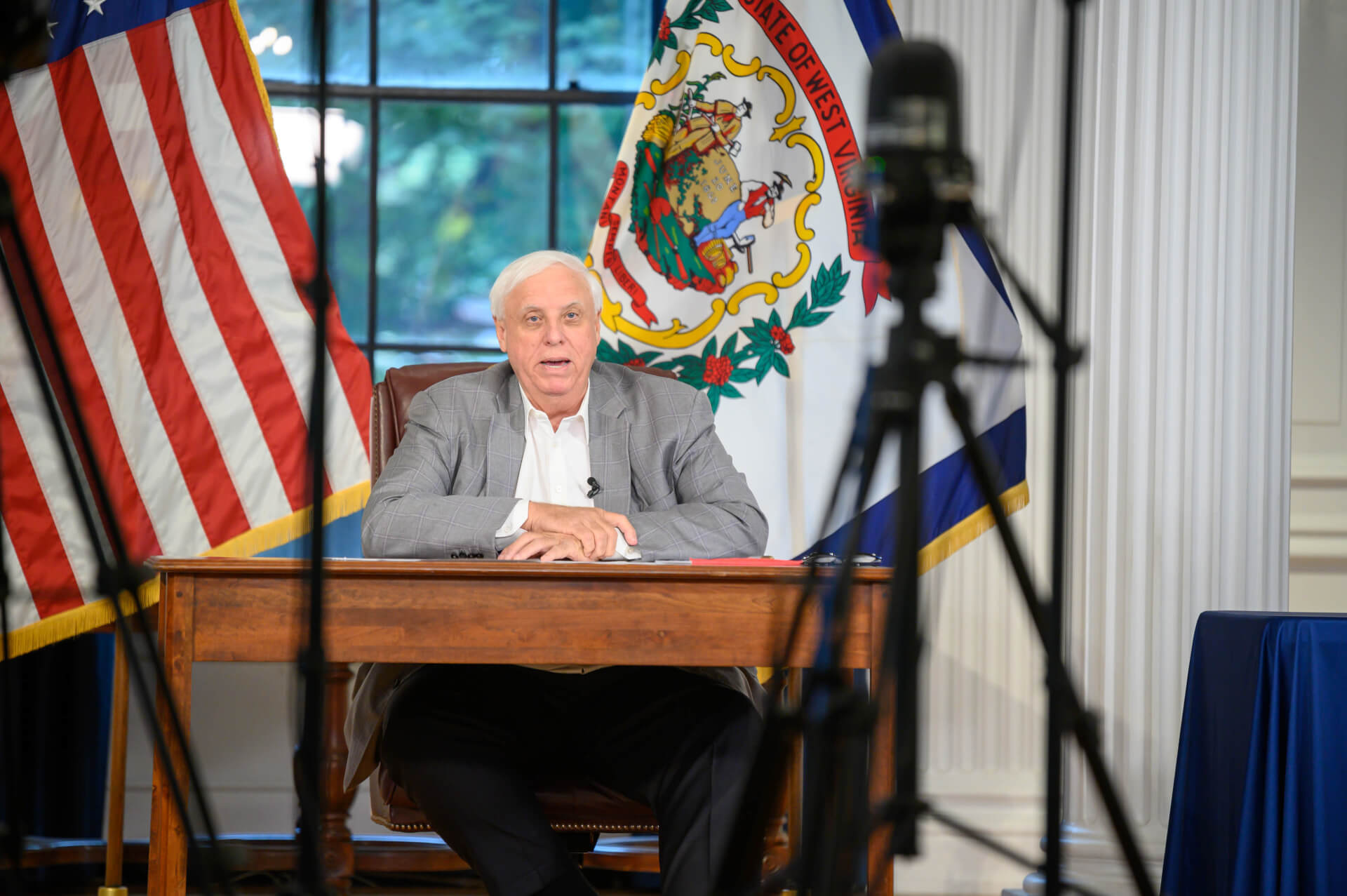W.Va. Finds Money to Preserve MARC Train Service
West Virginia residents who rely on Maryland’s commuter rail service to get to work can breathe easy. The train is going to keep on running.
West Virginia Gov. Jim Justice (R) announced just before Christmas that the state and a handful of Eastern Panhandle communities were able to cobble together the $3.4 million demanded by Maryland to keep Brunswick Line service running to three West Virginia stations at current intervals.
The successful push to find the necessary funds capped a months-long drama that threatened to end MARC service to Harpers Ferry, Duffields and Martinsburg, leaving hundreds of commuters in a bind — with residual impacts on Marylanders.
“I am grateful beyond belief to all who had a hand in pooling together the funding that we needed to keep this vital connection between our state and Washington D.C. alive,” Justice said.
“Hundreds of West Virginians and several businesses use this important service every day and I’m fully committed to keeping it running in our state for many years to come.”
The funding came from several sources.
According to the West Virginia news site MetroNews, Justice approved $1.1 million from the Governor’s Contingency Fund to keep funding at current levels.
The state legislature approved $1.2 million in the state’s fiscal year 2020 budget, state Auditor J.B. McCuskey (R) allocated $750,000 from his budget, and eastern panhandle county and municipal governments provided an additional $300,000.
The Maryland Department of Transportation notified West Virginia officials two years ago that the state would have to pay the full cost of running MARC trains into the Mountain State or face a reduction in service.
Weeks of negotiations followed.
When West Virginia offered $1.1 million, MTA announced that it would be forced to cut its service by two-thirds, leaving just one train a day in the morning and a single return trip from Washington, D.C., in the afternoon.
That triggered a concern that commuters who rely on the train would be forced to drive to stations in Brunswick and Point of Rocks in Maryland in order to get to job sites in Montgomery County and the District of Columbia, adding to existing road congestion and taking up already-scarce parking.
West Virginia officials sought more time, during which legislators, economic development and tourism officials, and commuters lobbied local leaders near the three stations to approve additional funds.
Some officials worried that home values would drop if MARC service to West Virginia was reduced, causing a drop-off in property tax receipts.
The Maryland Transit Administration estimates that 250 West Virginia residents board MARC trains each morning.
West Virginia’s funding commitment keeps MARC service at current levels for an additional year.
Justice said efforts to forge a more permanent solution are underway.
“My administration is committed to finding a permanent funding solution,” he said. “We realize that our Eastern Panhandle is an economic driver in our state and the MARC Train is a big part of that.”


 Creative Commons Attribution
Creative Commons Attribution